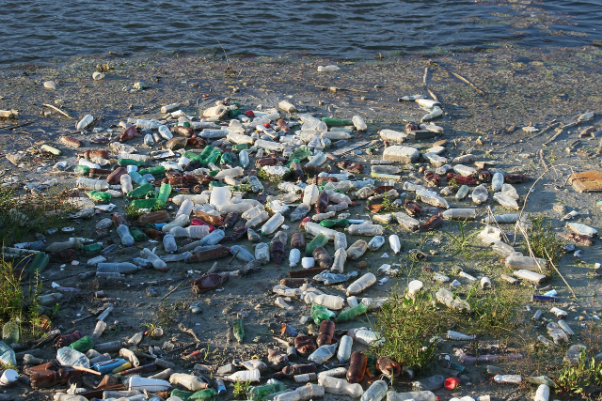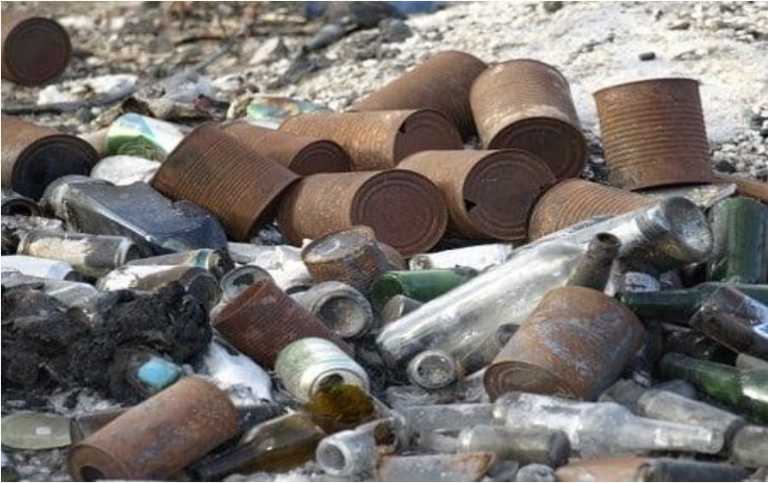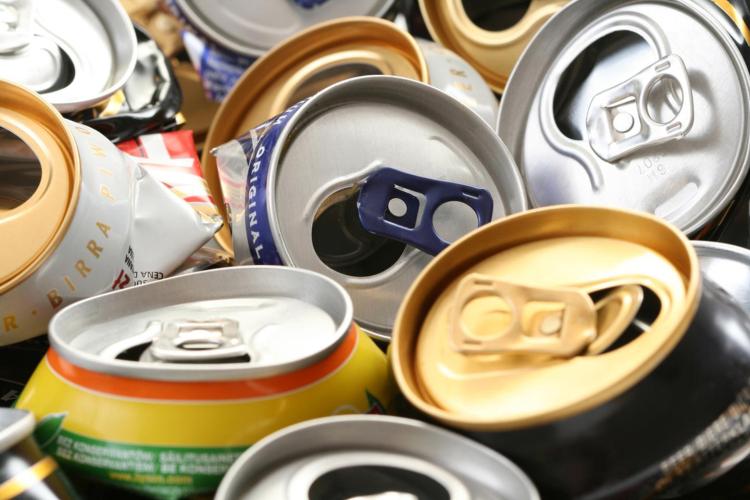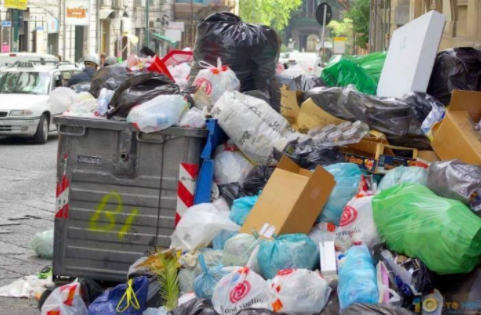What is scrap? Types and processing
Pollution of the planet with waste is a problem whose solution is possible only with the ubiquitous efforts of all mankind. Every minute people generate huge amounts of garbage , which must be disposed of and recycled so as not to endanger life and health on Earth. For these reasons, waste collection and recycling has been a global priority in recent decades.
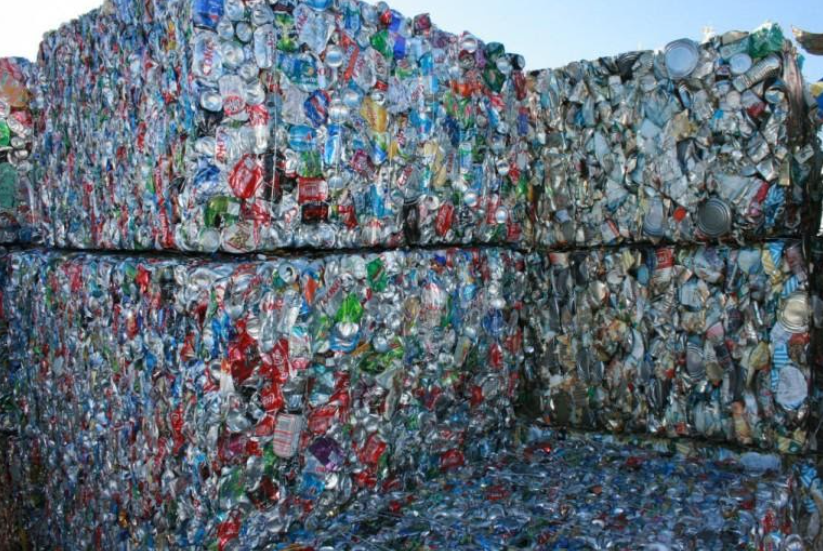
Significance of recycling
The ecological balance can only be preserved and improved by caring for people, animals and nature in general from the harmful effects of many wastes. That is why their management is an extremely important process, which requires daily efforts. This does not only apply to institutions and business companies that are engaged in such activities.
The right attitude towards cleanliness and protection of biodiversity starts from home with waste separation, which helps the process of proper waste collection and subsequent processing. Because recycling waste on the one hand keeps the world cleaner , but it also has benefits for the world economy and the conservation of natural resources.
Properly distributed waste can be recycled or, if necessary, stored safely in special sites or landfills.
There are already many industries that use waste to invest in new household products and appliances. And with the separation of biodegradable waste, they can become a soil improver. But the most important goal is to prevent climate change on the planet, the effects of which are already being felt by the world’s population.
What is scrap? What are the main species?
Waste can be classified according to various criteria, but in general all that contain non-ferrous and ferrous metals for scrap. These are small elements, machines, old equipment, even unnecessary vehicles that go to the morgue.
The name “scrap” is actually directly related to the process of processing this waste, so that some of it can be reused. Leading in the division of metals into non-ferrous and ferrous is the presence of iron. Different types of metals are subject to recycling such as lead, zinc, aluminum, steel and others.
Non-ferrous metals
Non-ferrous metals are divided into four main groups. They are respectively light and heavy non-ferrous metals, precious and rare metals. The first group includes magnesium, titanium, aluminum and all those that have density below 4500 kg per cubic meter. Regarding heavy – there are lead, potassium, nickel, copper, and respectively metals with a density of over 4500 kg / cubic meter.
Precious are gold, silver and platinum. And among the rare metals are those that have different chemical and physical properties. It is believed that 55 metals from the periodic table of the elements can be characterized by different properties.
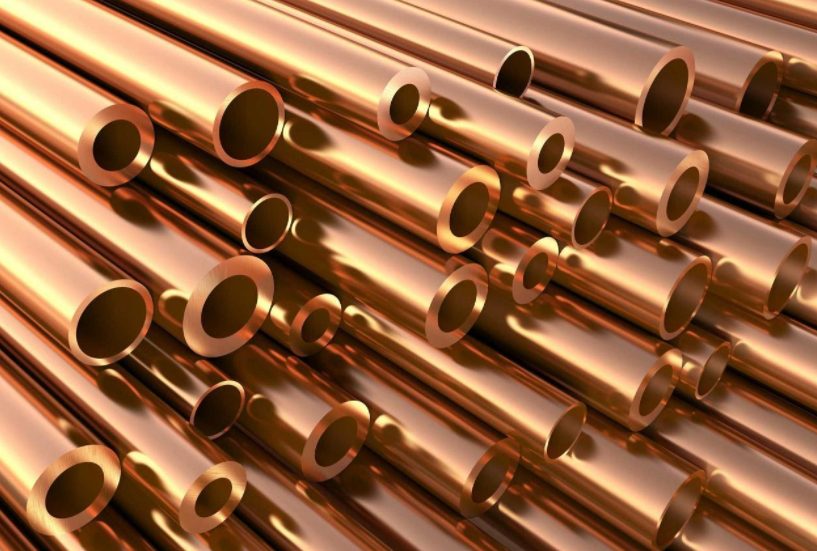
Non-ferrous metals are widely used in industry They are key elements in many industries and modern energy, automotive, electrical engineering, robotics, etc. are unthinkable without non-ferrous metals.
Ferrous metals
This includes iron and its alloys. Therefore, in the presence of iron, metals belong to this group. And in all other cases – are defined as non-ferrous metals.
In turn, ferrous metals are subdivided into cast iron and steel. What they have in common is that they are compounds of iron with carbon, and the difference stems from the carbon content, which in iron is more.
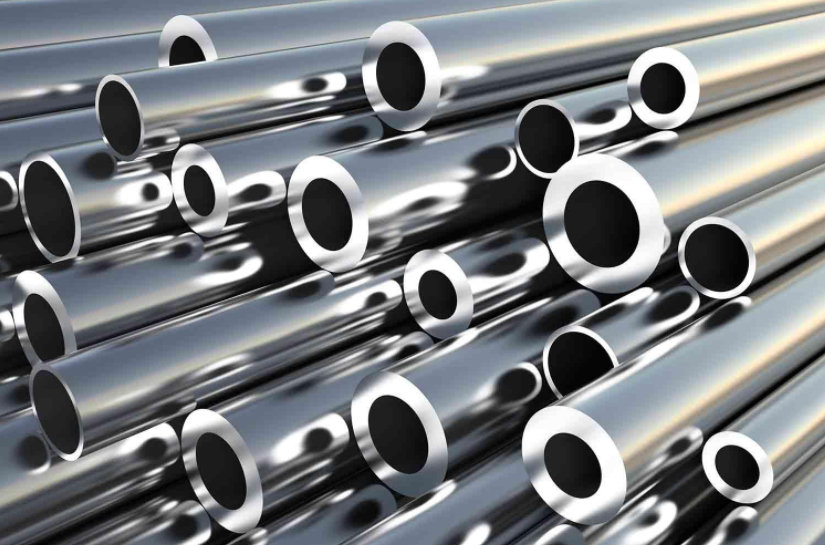
Iron and its alloys are characterized by high hardness and strength. Among the advantages of ferrous metals are also their high resistance, ductility and electrical conductivity. This makes them indispensable components in many industrial industries.
Every day we handle various products in which ferrous metals are used and their main application is in construction, mechanical engineering, vehicle production , as well as in many purely household utensils – pans, heaters, siphons and the like.
Recycling of non-ferrous and ferrous metals
With regard to metals, a very large part of them are recycled to be re-invested in the production process. But their reuse is a long and responsible stage. This basically involves the waste being properly collected, then transported to special sites. There follows sorting and preparation for the treatment of metals as an element in a new industrial activity.
The logistics and management of this type of activity is a serious process that meets certain rules and written regulations . It is carried out by licensed companies that have the necessary experience and capacity to carry out such activities.
The actual process of recycling metals is associated with high-tech processing. The temperature melting point exceeds 1500 degrees Celsius.
In liquid form the metals are processed their chemical composition is specified in order to prepare them for use in new productions. One of the common options is to make semi-finished products. Then they can be processed with various technologies such as forging, pressing, rolling or casting.
Benefits of metal recycling
Scrap collection is a process in which nature is kept clean of a number of unnecessary:
- metal machines
- equipment
- vehicles
- technique
- household appliances, etc.
The benefits are great for the economy itself, because the re-investment of the elements in new productions saves raw materials, energy, funds.
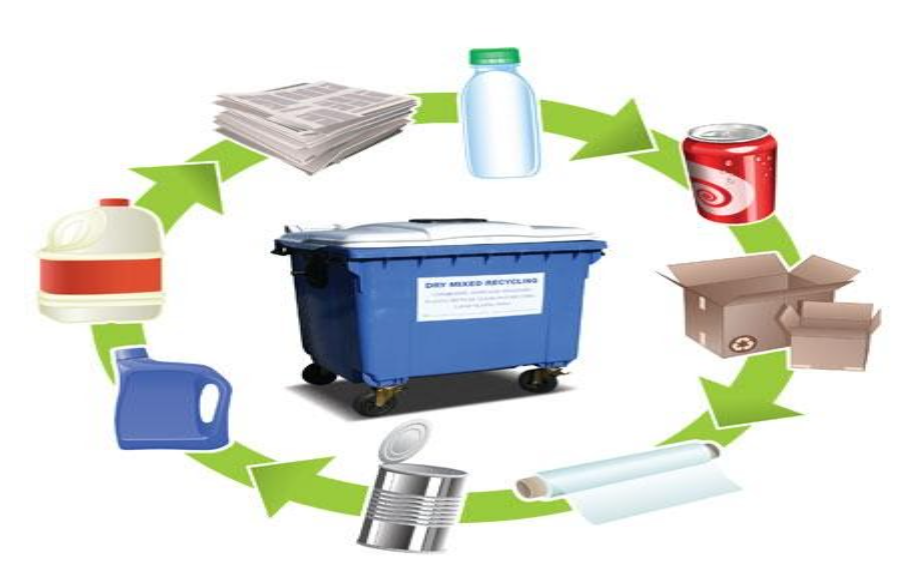
The purchase of scrap is done as activity by companies with the necessary permits for this process . For this purpose, they have depots where ferrous and non-ferrous metals are stored.
In many places everyone can hand over their unnecessary old things for scrap. These can be old heaters, cars, appliances and the like. Accordingly, they are purchased at certain prices , which are announced by buyers.
One of the leading companies in Bulgaria for the purchase of scrap is Nord Holding The company has many sites throughout the country. The Bulgarian company is mainly engaged in the collection, processing and trade in scrap metal.
Since its founding in 1995 the company has expanded its sites as well as increased the volume of its work. Today Nord Holding is a leader on the Bulgarian market of scrap metal. More about the company and its activities can be found as information on the eponymous website of the company, which has a share of 22 percent in the market of solid waste and 16 percent share of non-ferrous scrap market.
